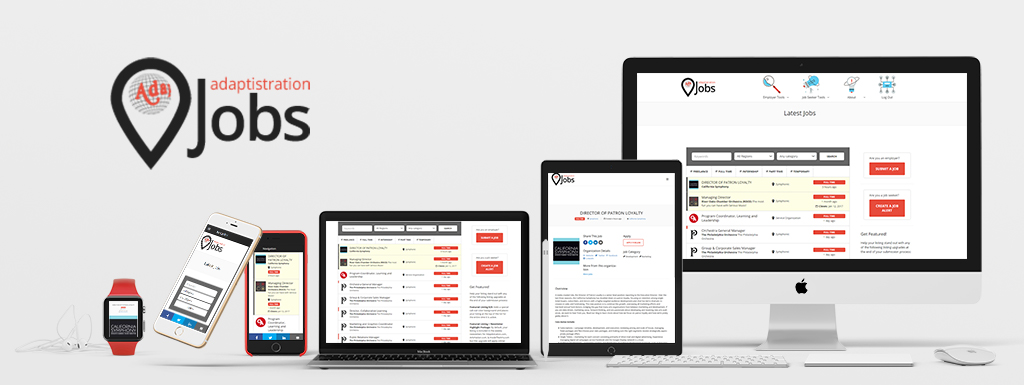Today’s headline is a quote from Dennis LaBarre, Cleveland Orchestra’s board president elect. An article in the 12/20/2009 edition of the Cleveland Plain Dealer by Zachary Lewis does a good job at examining the challenges in store for the organization. I was pleased when Lewis contacted me to ask about current thinking throughout the field with regard to board leadership and it was equally pleasing to see a portion of the article focus on the significance of socioeconomic diversity…
 Although socioeconomic diversity is crucial for any orchestra board, it becomes increasingly more important as budgets and institutional goals increase. For example, when orchestras talk about moving to the next level, regardless of how they define that threshold artistically, one common element is the need for increased revenue. As budgets increase to meet expanded artistic activity, boards need to augment their reach throughout the area’s donor and philanthropic community.
Although socioeconomic diversity is crucial for any orchestra board, it becomes increasingly more important as budgets and institutional goals increase. For example, when orchestras talk about moving to the next level, regardless of how they define that threshold artistically, one common element is the need for increased revenue. As budgets increase to meet expanded artistic activity, boards need to augment their reach throughout the area’s donor and philanthropic community.
One cautionary reality of this diversity is increased potential for factionalization, especially along political and business ideology. This is one issue that can make or break an executive’s career, not to mention the organization’s future, and is something that simply isn’t taught in degree programs or professional development retreats. Nonetheless, an ideal situation is one where the executive leadership team of the CEO, and board chair are proactive in identifying potential dividing lines throughout the board and work toward bringing members together behind an inspired vision lest their attention become fixated on personal and/or professional issues that divide.
In short, little insignificant differences are nothing compared to the big significant similarities and these key leaders need to posses the necessary skills and connections to prevent diversity from becoming divisive.
The Cleveland Orchestra’s new board president will have to call on all of his capabilities to make certain those “little insignificant differences” don’t derail the group from his goal of freeing the organization from being at the mercy of every economic cycle.



Boy, I hate where the outgoing president uses the phrase “passion for the product.” “Product” – such a commodified and anonymous way to talk about an orchestra.
I think orchestras would benefit from a little socioeconomic diversity on their boards, but do you see them appointing/electing anyone who can’t donate, say, six-figure amounts when called upon to do so? who doesn’t have connections who can donate five- and six-figure amounts? I would be an interesting person to have on a BOD, but no big orchestra or opera company is going to want me on the board, given my repertory interests and lack of wealth.
I have to admit being guilty of using the term product form time to time, especially when discussing the business with outsiders. At the same time, you make a very good point about being vigilant against turning live classical music into nothing more than a garden variety commodity.
As for bringing on board members who can’t make large six figure plus donations, it depends on where we’re talking about. If we’re talking about the executive committee, probably not but as a general board member, certainly. What we’re talking here is a larger issue connected to minimum contributions tied to board membership, which is an excellent topic but one which will have to wait for another day.
Thanks, that would be fascinating to hear about. I also realize that I could more easily get onto the board of the Berkeley Opera than the San Francisco Opera.
I cannot see what is inherently negative in reframing artistic output as a product – this does not devalue art.
Just as a musician practicing his scales is not necessarily making creatively-inspired music; he is no less a musician.
Art that is objectively scrutinized for quality and profitability is still art, not less than art.
I certainly don’t see anything inherently wrong with the notion of “Art that is objectively scrutinized for quality and profitability.” In fact, I would agree that live performance art is scrutinized for quality and profitability, or at least minimum levels of combined earned and contributed revenue generation, far more often than not. Yet, associating the term “product” in the same context as what Lisa describes as commoditized, i.e. without qualitative differentiation, is not something I see as interchangeable.
The key phrase here is qualitative differentiation, or something that is ostensibly the same regardless of who or where it is produced. For instance, replacing the entire musician membership of the San Francisco Symphony Orchestra and replacing them with the very best of recent conservatory graduates would undoubtedly improve the organization’s bottom line and they would be able to produce just as many concerts of the same repertoire as before.
If live performing art were a commodity, that business model would make sense. Fortunately, that’s not the case, so what’s at issue here is perhaps how one defines and infers the use of the term “product.” In my work, especially with boards comprised of business and community leaders that rarely possess formal artistic training, substituting the word “product” with something that lessens the likelihood of perceiving art as a commodity can make the difference between conflict and harmony (no pun intended).
FYI, I love your blog’s look, especially the header/background image. Did you create that yourself?